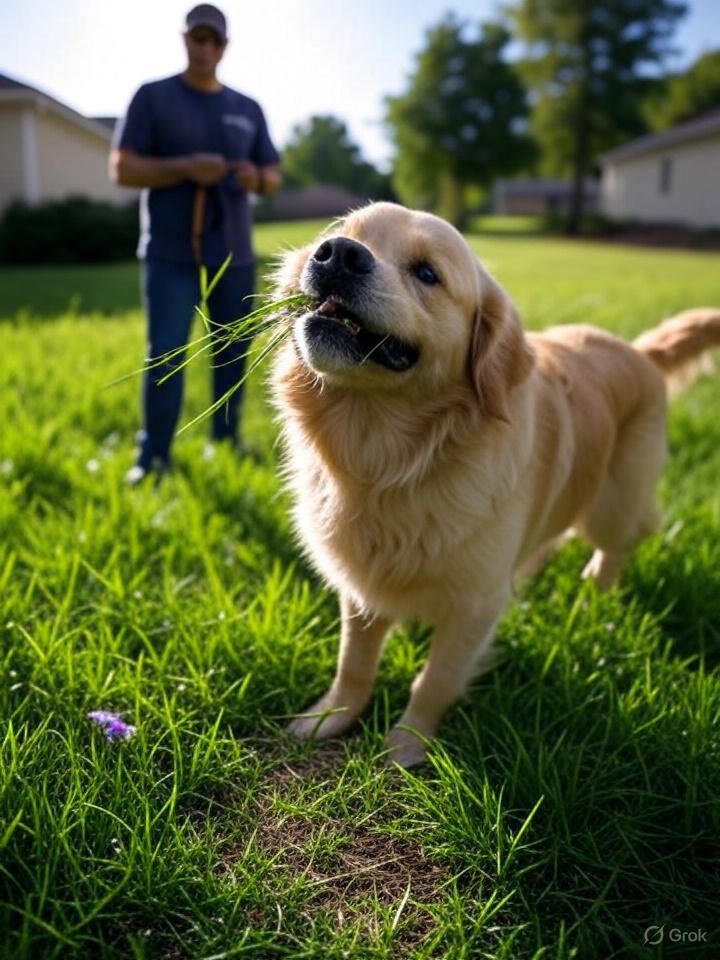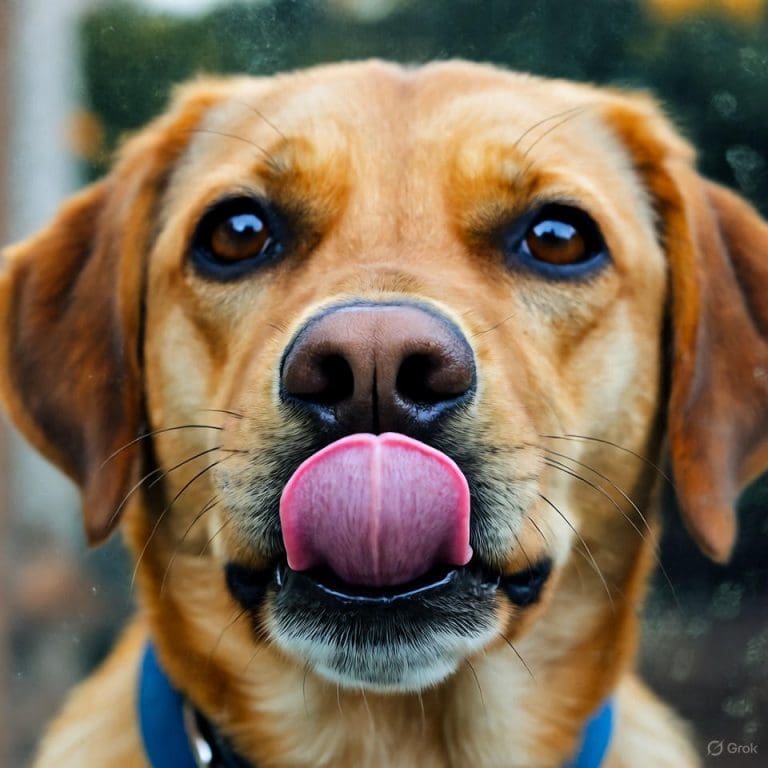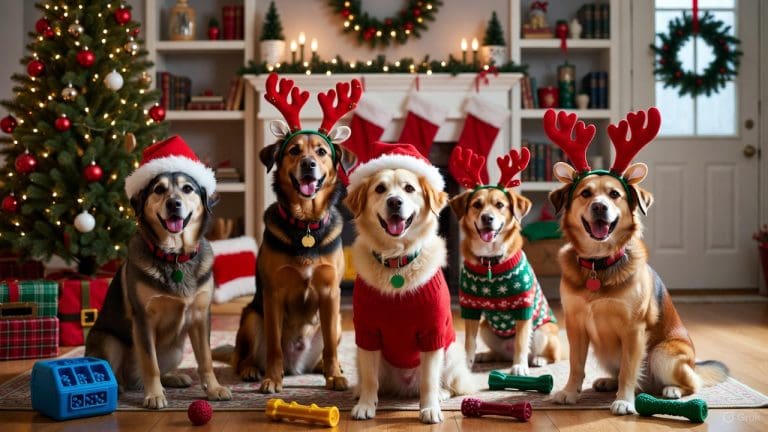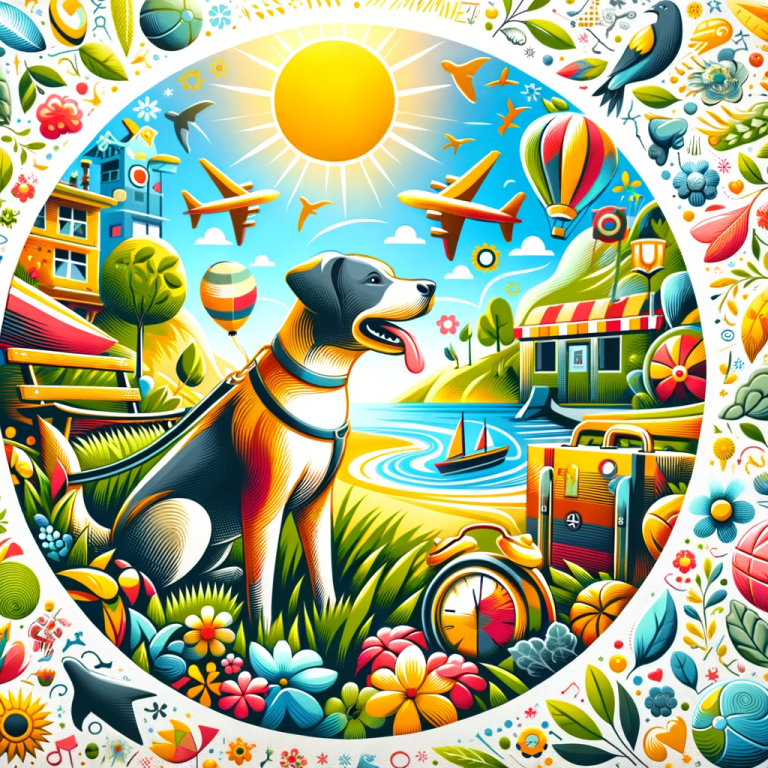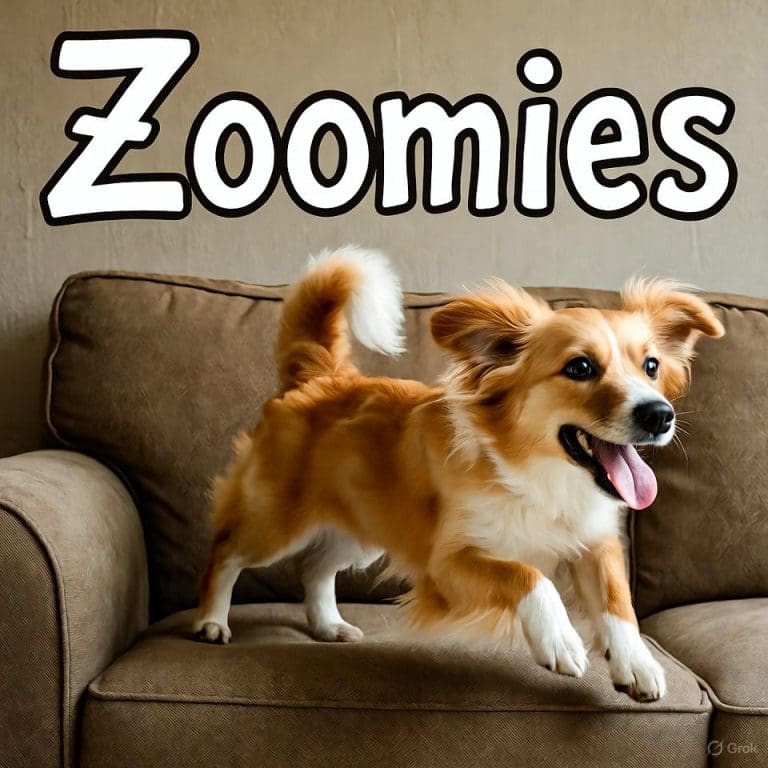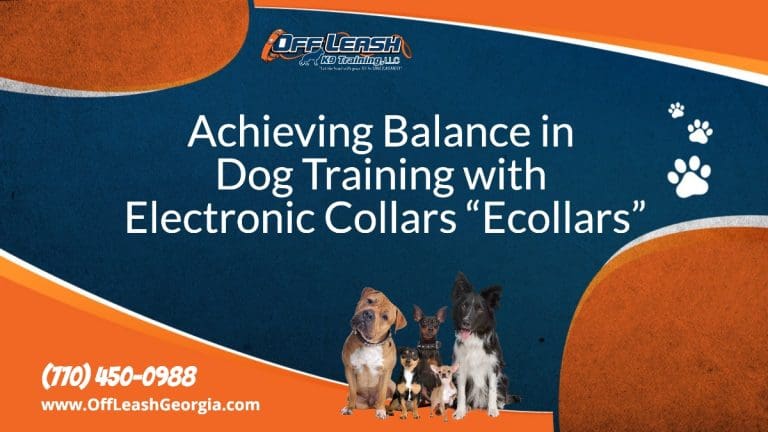Why Dogs Eat Grass or Poop: Myths, Facts, and Balanced Training Solutions
Ever caught your dog nibbling grass in your Georgia backyard or, worse, snacking on their own poop? These quirky habits, known as pica (grass-eating) and coprophagia (feces consumption), are among the top questions pet owners in Georgia ask AI, like “Why does my dog eat grass?” or “How to stop my dog eating poop?” At Off Leash K9 Training, Georgia, we use balanced dog training—combining rewards and corrections—to tackle these behaviors. Below, we dive into the science, debunk myths, and share practical, Georgia-tailored solutions to curb these habits for good.
The Grass-Eating Mystery: Instinct or Issue?
Many Georgia dog owners assume their pup eats grass to self-medicate for an upset stomach. Science tells a different story: only 9% of dogs show illness before eating plants, and just 22% vomit afterward, ruling out nausea as the primary cause. In fact, 79% of dogs regularly munch grass, often due to evolutionary instincts from wolf ancestors who consumed plant matter. Other triggers include dietary gaps (e.g., low fiber) or boredom, common in high-energy breeds we see across Georgia. Sudden increases in grass-eating might hint at gut issues, so a vet check is wise.
Why Do Dogs Eat Poop? Decoding Coprophagia
Coprophagia grosses out many Georgia pet parents, but it’s a common query: “How to stop my dog from eating poop?” Puppies may mimic their mother’s den-cleaning behavior, but in adult dogs, it’s often tied to nutritional deficiencies (e.g., low vitamins or calories) or high-starch diets. Stress or anxiety, especially in dogs left alone too long, can also trigger it as a coping mechanism. Social learning plays a role too—dogs with coprophagic housemates are 33% more likely to copy the habit.
Balanced Training to Curb These Behaviors
At Off Leash K9 Training, Georgia, our balanced approach uses rewards for desired behaviors and mild corrections to deter unwanted ones, tailored to your dog’s needs. Here’s how we address these quirks:
- For Grass Eating: Boost fiber with vet-approved diets or supplements to reduce cravings. Engage high-energy Georgia breeds with structured activities like fetch or agility drills to combat boredom. If grass-eating persists, we use a firm “off” command or a leash correction (e.g., a quick tug) followed by a treat for compliance. Our trainers in Georgia customize plans to ensure your dog stays focused.
- For Coprophagia: Clean up poop immediately to remove temptation. Adjust diets with a multivitamin for a month to fix deficiencies—probiotics can often also help. We train a strong “leave it” with rewards for ignoring feces and a verbal correction (e.g., “No”) if they approach it. For stubborn cases, a citronella spray collar can reinforce boundaries, paired with praise for success. Our Georgia-based sessions ensure fast results.
When to Seek Professional Help in Georgia
Occasional grass or poop eating is rarely harmful, but persistent habits or sudden changes signal potential health issues. Book a vet visit to rule out problems. At Off Leash K9 Training, Georgia, our balanced training programs—backed by science—offer personalized behavior solutions. Ready to train smarter? Contact us for a consultation with Georgia’s top balanced dog trainers.

